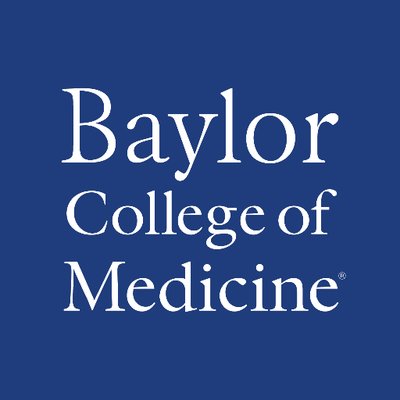After months of emphasis on diagnostic screening, contact tracing and research into possible treatments, Houston is about to deploy a new tool in the effort to contain COVID-19: antibody testing.
Baylor College of Medicine researchers last week presented evidence to school leadership that the blood test it developed to detect whether an individual has been infected with the coronavirus is highly accurate and ready for use in studies assessing the virus’ reach in the area. Such studies would provide the answer that hasn’t been ascertainable because of the shortage of diagnostic testing.
“This will tell us the severity of the disease based on prevalence, the number of people who have had the virus but do not show up in case counts because they were asymptomatic and weren’t tested,” said Dr. Paul Klotman, president of Baylor. “That’s needed to better understand how infections impact different Houston communities, the variations in those communities and the numbers in certain high-risk environments, like prisons and nursing homes.”
Klotman said he anticipates Baylor will partner with local health departments to determine optimal resource allocation — such as where to focus testing and contact tracing — based on the prevalence the studies find in communities.
A Baylor prevalence study based on antibody testing would put the Houston region among a handful of U.S. communities to conduct such research, which has found that more than 20 percent of people in New York City but only 4 percent of those in Los Angeles County have been infected. Klotman said he thinks Houston’s rate will be closer to the California number.
Such antibody testing, repeated over time, also would show the area’s progress toward herd immunity, the protection from a contagious disease that occurs when a high percentage of the population has either had the infection or been vaccinated. Experts say that percentage — there is no vaccine for the coronavirus yet — needs to reach at least 60 to 70.
There’s more, and you should read the rest. As a reminder, viral tests are to see who has the virus now, and antibody tests are to see who has had it in the past. Do not mix the two if you want to know the current case count. I would note that the Texas Tribune case tracker showed 10,921 infections in Harris County as of May 25. If that four percent guess is accurate, then given a county population of 4.7 million, the actual number of cases would be more like 188,000. That’s consistent, even a bit under, the typical antibody test experience, which winds up estimating the real infection count at about ten times the “official” count. And note that we’d have to have more than ten times that number to get close to the minimum threshold for herd immunity.
Anyway. I look forward to seeing what this can tell us. In conjunction with the wastewater testing, maybe we can finally get a clear local picture of this pandemic.


Antibody testing is good, but with some caveats. A positive antibody test can indicate a current or past infection.
If you have the antibody, you can donate plasma for experimental treatment of others.
Some antibody tests have been called into question, as well, the Abbott test for the virus is, according to the FDA, up to 15-20% false negatives, another study says that it is missing up to 48% of infections.
Antibody testing results are one reason that the CDC lowered its estimated infection fatality rate to well below 1%, although the media generally ignored the news, Elon Musk might have twittered about it.
https://www.cdc.gov/coronavirus/2019-ncov/hcp/planning-scenarios.html